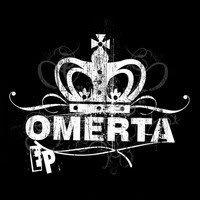
Omertà is a popular attitude and code of honor, common in areas of southern Italy, such as Sicily, Apulia, Calabria, and Campania, where criminal organizations like the Mafia, ‘Ndrangheta, Sacra Corona Unita, and Camorra are strong. A common definition is the “code of silence”.
Omertà implies “the categorical prohibition of cooperation with state authorities or reliance on its services, even when one has been victim of a crime.” Even if somebody is convicted for a crime he has not committed, he is supposed to serve the sentence without giving the police any information about the real criminal, even if that criminal has nothing to do with the Mafia himself.
Within Mafia culture, breaking omertà is punishable by death.
Omertà is an extreme form of loyalty and solidarity in the face of authority. One of its absolute tenets is that it is deeply demeaning and shameful to betray even one’s deadliest enemy to the authorities. Observers of the mafia debate whether omertà should best be understood as an expression of social consensus surrounding the mafia or whether it is instead a pragmatic response based primarily on fear. The point is succinctly made in a popular Sicilian proverb “Cu è surdu, orbu e taci, campa cent’anni ‘mpaci” (“He who is deaf, blind, and silent will live a hundred years in peace”).